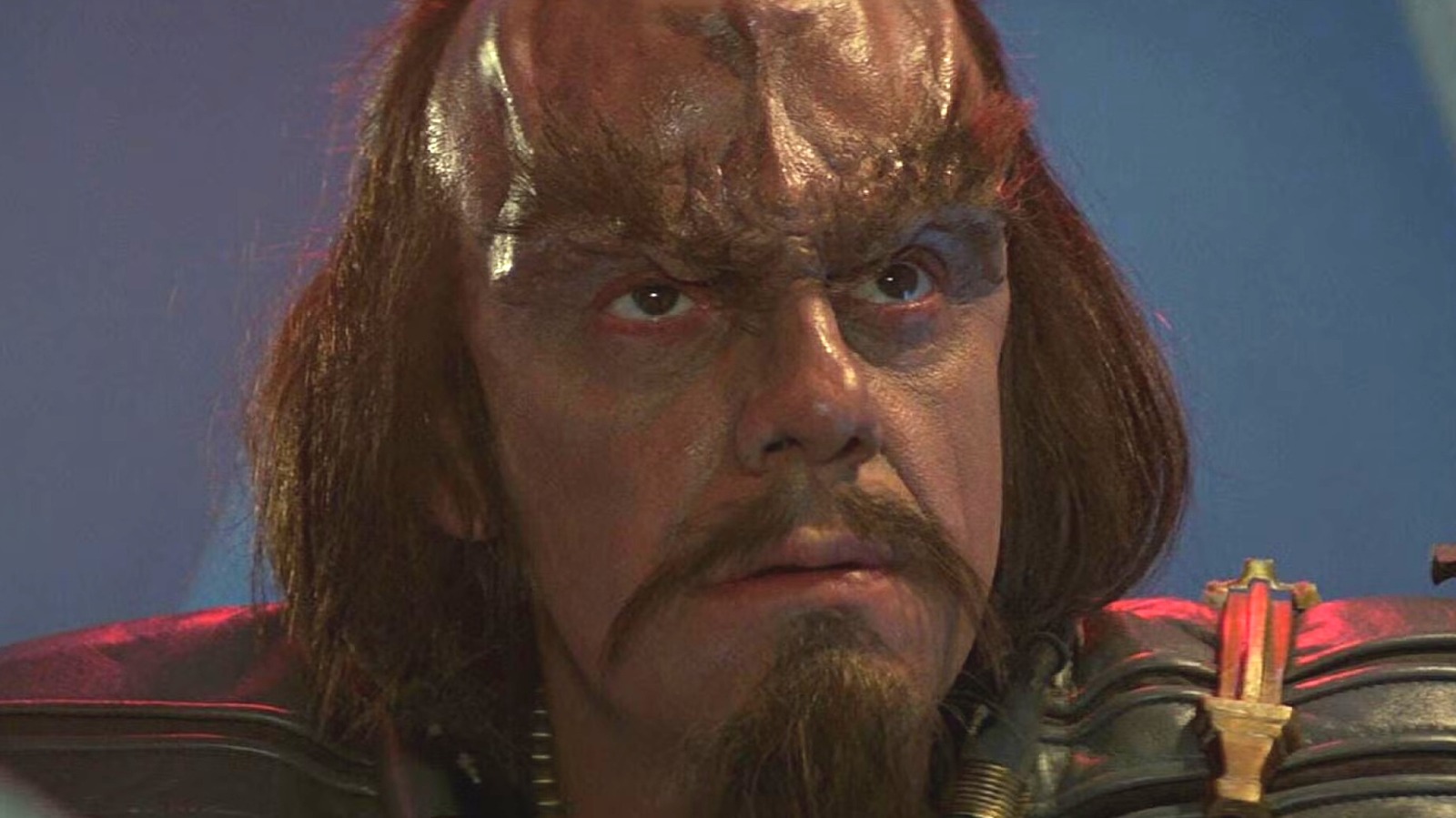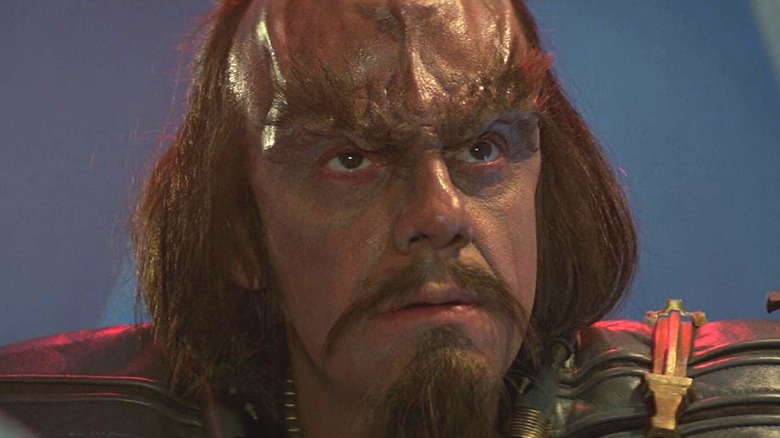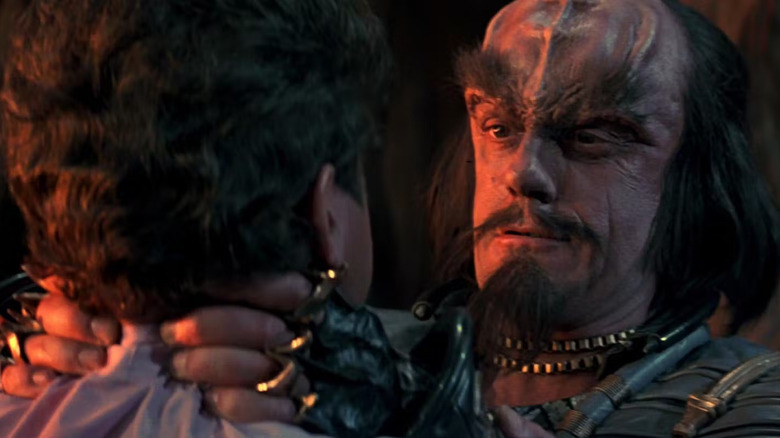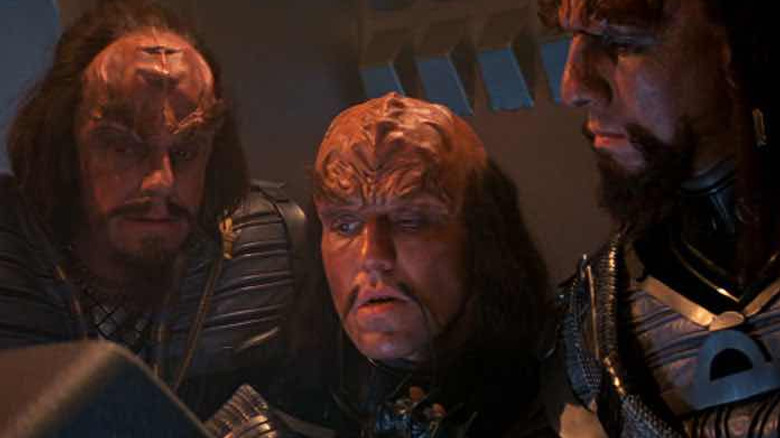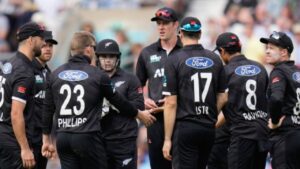It takes a lot of work to create a believable science fiction or fantasy universe, and that often includes developing constructed languages, or “conlangs,” that work well enough for actors to speak and audiences to believe. “The Hobbit” and “Lord of the Rings” author J.R.R. Tolkien famously invented several languages for his books that have been expanded upon for the movies and television adaptations, giving Middle-earth an added layer of realism despite being such a fantastical world. In recent years, linguist David J. Peterson has become a go-to conlang constructor, creating everything from the Dothraki and High Valyrian languages of “Game of Thrones” and “House of the Dragon” to developing a Fremen language for Denis Villeneuve’s “Dune” films, but some other incredible conlang creators helped pave the way decades earlier.
In an interview with StarTrek.com, linguist Marc Okrand shared the secrets of creating the Klingon language for the “Star Trek” franchise — specifically, for “Star Trek III: The Search for Spock.” Just a few years before Michael Dorn would first play Worf on “Star Trek: The Next Generation” and end up changing Klingons throughout “Star Trek” forever, Okrand planted the seeds for their culture with a thought-out, albeit terrifying-sounding, language.
Okrand created an entire Klingon language from just a few phrases
Okrand explained that Klingon was first spoken in “Star Trek: The Motion Picture” and that he used that handful of lines as the basis for what would eventually become the Klingon language. (According to Okrand, the lines in “The Motion Picture” were created by actor James Doohan, who played Scotty, making him the original creator of the sound of Klingon.) Okrand used the “sounds and syllables” from that first film to create a “skeleton” of the language, then he fleshed it out using a set of basic rules. It had to contain all of the sounds from “The Motion Picture,” sound non-English, be guttural, as that’s what was in the script, and be learnable for the English actors. He started with what they needed for “The Search for Spock” and then later added more, even publishing a full Klingon dictionary. At this point, Okrand has created enough of a Klingon language to actually be fluent, and there are others who can speak the language as if it were say, Spanish or German.
Though Klingons had appeared in “Star Trek” previously as villains, “The Search for Spock” was one of the first times they got extended screen time. The Klingon captain, Kruge, was played by Christopher Lloyd of “Back to the Future” fame, almost unrecognizable in his makeup, and it was up to him to really get the pronunciation of the new and improved Klingon correct. So, how did he do? According to Okrand, he nailed it.
Okrand was impressed by the cast’s dedication to speaking Klingon
Despite doing his best to make Klingon easy to speak for the actors, it’s a fairly complicated language to pronounce (especially based on how its spelled), but Okrand said that Christopher Lloyd, who played Klingon captain Kruge, was a natural:
“He was a great student. He was interested not only in getting the pronunciation right, he wanted to know what the words meant and how the sentences fit together. We’d work together pretty much every day they were shooting a scene with spoken Klingon. Most of the other speakers of Klingon in the film were Kruge’s crew. For the most part, they had one line apiece that they shouted out as things were going wrong. I don’t think I ever saw a group of people more enthusiastic about what to them must have been gibberish.”
Okrand also said that William Shatner, who played Captain Kirk and had to say “beam me up” in Klingon, also remembered his pronunciation lessons. These days, people are more likely to remember the main Klingon greeting (Qapla’!) or its very derogatory word for weirdness/anything Klingons don’t like, “petaQ,” creations of Okrands that have had some real staying power in the fandom. While Klingon isn’t as flexible as something like Navi from the “Avatar” films, which allowed the actors the chance for a lot of improv, it gave “Star Trek” a whole new flavor and helped make people into die-hard Klingon fans. (It’s me. I’m a Klingon fan.) majQa’, Mr. Okrand. qatlho’.
